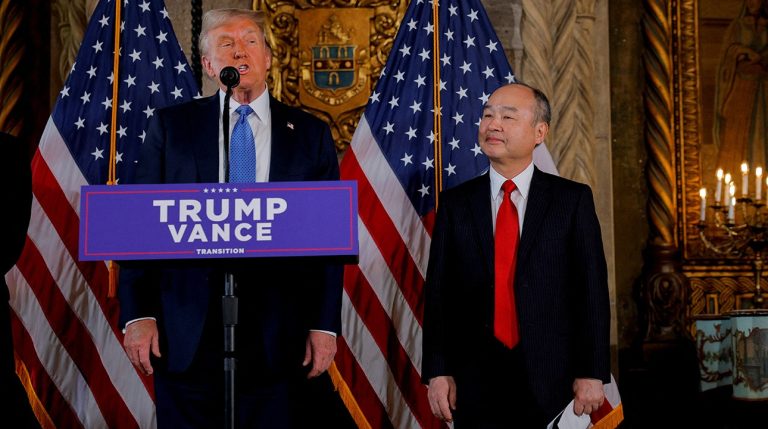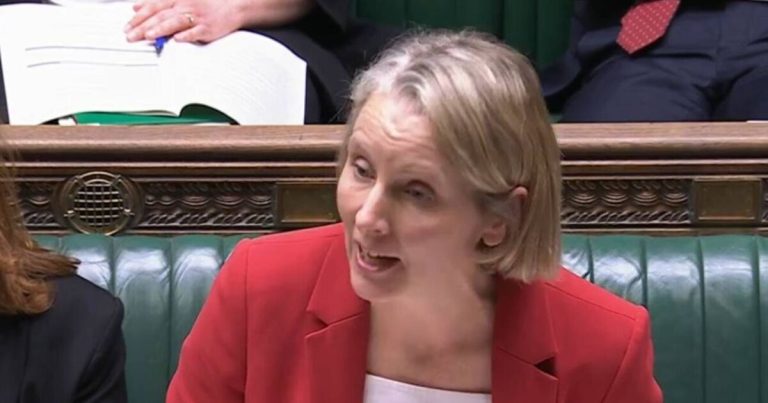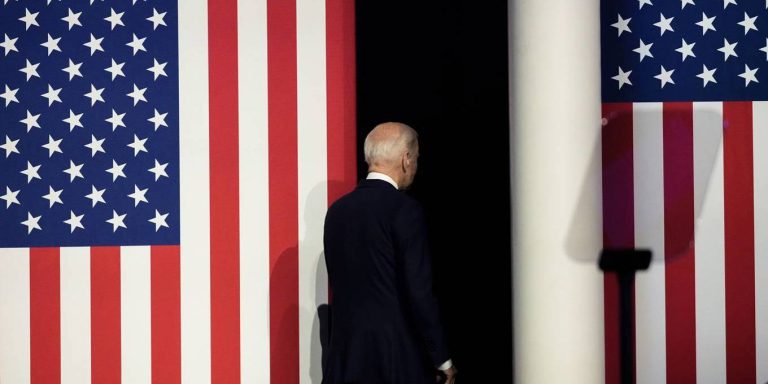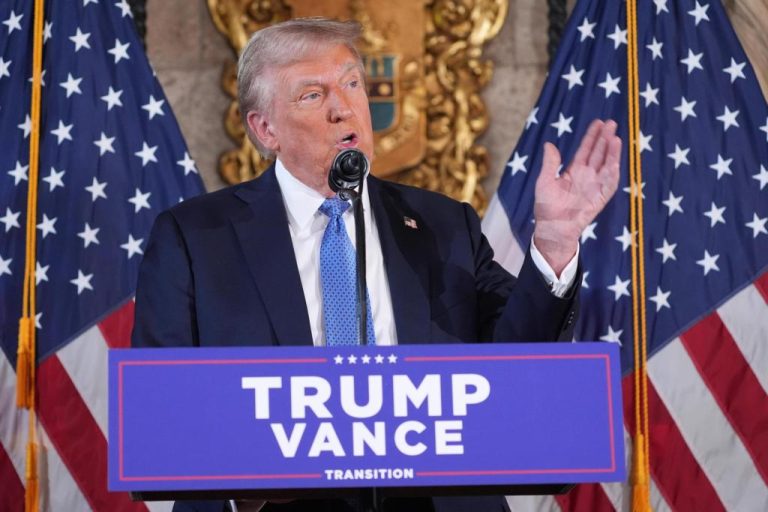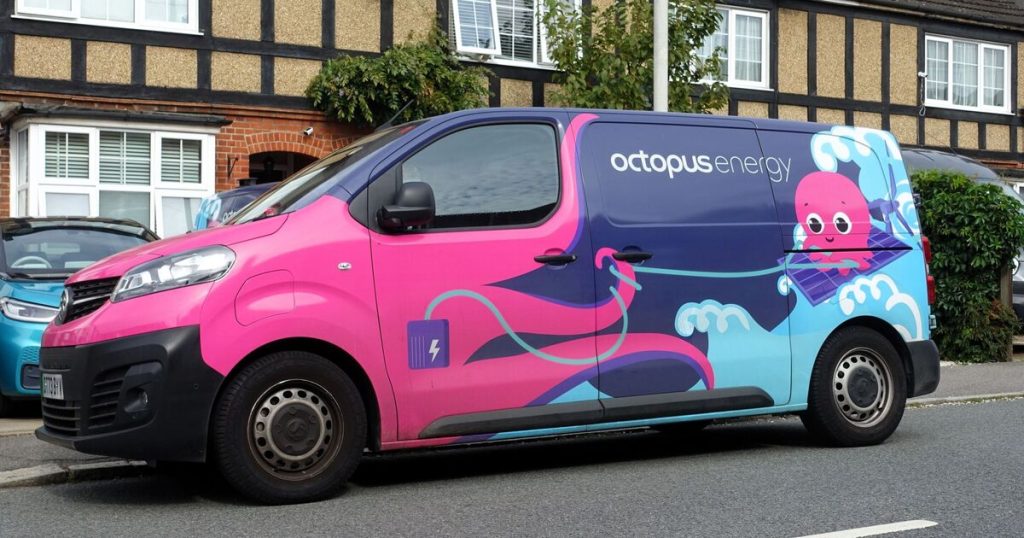
Octopus Energy customers can make savings of up to £676 on their energy bills after a daily charge has been ditched for people on a new tariff.
New plans by energy regulator Ofgem will see energy suppliers obliged to offer households “zero standing charge” tariffs alongside existing ones.
Standing charges are a fixed daily amount that is added to your energy bill by suppliers, regardless of how much energy you use.
From January, standing charges will cost dual fuel households £338 per year on average and disproportionately affect those who use less energy, as the fixed costs make up a higher proportion of their overall bill.
But under the new plans, suppliers must offer zero standing charge tariffs to households. It means that Octopus Energy customers on a two-year fix would make a saving of £676 if the charges were scrapped today.
The move comes as part of efforts to tackle growing household energy debt and will come alongside new standards for suppliers to make it easier for struggling customers to get support.
Currently, households on standard variable tariffs currently pay 24.5p per unit on average with a standing charge of 60.99p per day, while for gas the average is 6.24p per unit with a standing charge of 31.66p per day.
From January 1, standing charges will drop slightly to 60.7p per day for electricity and 31.65p per day for gas, but some suppliers already offer low or no standing charge tariffs at all. But while these tariffs are at least 10% below the price cap they have a higher unit rate so they are more likely to benefit customers who use less energy.
Ofgem said tens of thousands of consumers have called for standing charges to be axed altogether, but those who use a lot of energy – often for medical and health reasons – would see their bills rise significantly, so it decided it was important for households to retain a choice of tariff.
For lower energy users, the new tariffs would see the costs move to unit rates instead. So higher energy users would be unlikely to save anything if they switched, but for those who don’t use much electricity or gas, the higher price per unit would be offset by the loss of the standing charge, meaning those users would save up to £338 a year (or £676 over two years) against a standard tariff.
Tim Jarvis, director general of markets at Ofgem, said: “We know that many households continue to struggle with bills after the events of the energy crisis, which is why earlier this year, we took steps to consider all the issues around affordability and debt – including the impact of the standing charge.
“Many people feel very strongly that standing charges are unfair and prevent them from being able to manage their bills effectively.
“We want to give consumers the ability to make the choice that’s right for them without putting any one group of consumers at a disadvantage. And by having a zero standing charge tariff, we would create that choice for everyone.”
Ofgem also set out plans for a “debt guarantee” to improve the standard of service offered by suppliers supporting customers in debt, which it said would give households “consistent, compassionate and tailored support”.



